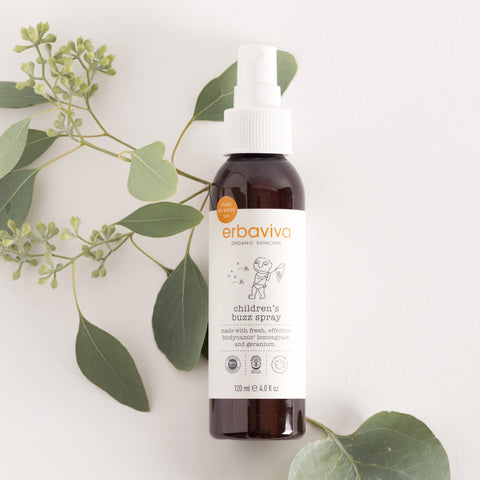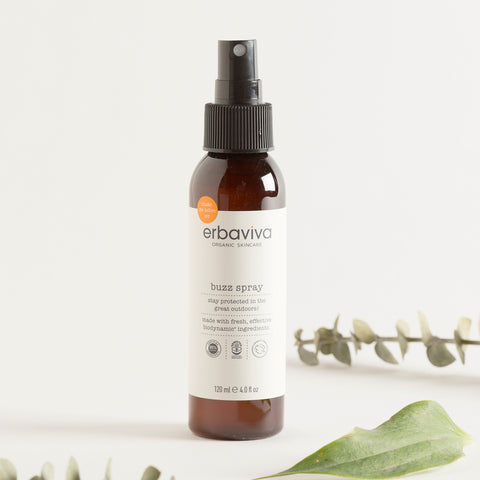When warmer weather comes around, many of us start planning barbeques, trips to the lake, camp outs and hikes to find swimming holes. But with all that sunshine and adventure comes some challenges, one of those being avoiding pesky bugs. One of the most dreaded bugs we want to avoid are mosquitoes. Most of us are familiar with the perils of mosquitoes and we are sure that there have been countless conversations amongst the more vulnerable discussing theories about why they have become the target of these pests. While studies are typically inconclusive, one thing is for certain, mosquito bites are awful. More importantly, mosquitoes are sometimes dangerous as they can be carriers to diseases such as the Zika virus, Malaria, West Nile virus and Dengue fever. With this information, we definitely want to take precautions for all our loved ones and ourselves! Since young ones can’t fend for themselves, you have to figure out how to keep mosquitoes away from your baby.
Doctors have yet to find a cure for mosquito bites, so it is best to try and avoid exposure altogether. Here are some ways to stay safe:
- Mosquitoes are most active during dawn and dusk, so keep your baby indoors during these times.
- Mosquitoes are unable to fly against strong winds, so being near a fan is an effective way to keep mosquitoes at bay.
- Because mosquitoes are attracted to dark colors, dress your baby in light colors and avoid exposing any skin.
- Stay away from any standing water where mosquitoes are more likely to breed.
If you find yourself in a situation where you know you and your family may be more susceptible to mosquitoes, you should use an insect repellent. Chemically synthetic insect repellents contain potentially harmful ingredients that are highly controversial. DEET or diethyltoluamide, is the most common ingredient in most insect repellents and while effective, high amounts of DEET can be harmful, so opting for a natural, effective solution is always more advisable. The American Academy of Pediatrics firmly states that all bug repellents, even DEET-free ones, should not be used on babies younger than 2 months old.
What is the best insect repellent for babies? Erbaviva Children’s Buzz Spray is a great alternative to ordinary repellents. It is made with a medley of organic and biodynamic ingredients that specialize in repelling bugs. With catnip, lemongrass oil and citronella as its most active ingredients, this spray is a wonderful and an all-natural bug remedy. The product also contains 95% certified organic ingredients. We love the fun packaging of the Children’s Buzz Spray bottle but Erbaviva also offers the Buzz Spray in a more simple and clean bottle. No differences in ingredients or efficiency, just a different look.
According to Science Daily, catnip is approximately ten times more effective at repelling mosquitoes than the chemical DEET. And while studies sometimes conflict regarding the efficacy of citronella, the oil has stood the test of time and is still widely used in many cultures. Citronella has been used in the united states as a plant-based insect repellent for nearly 70 years and has been registered by the environmental protection agency as a non-toxic biopesticide.
To ensure that repellents work properly, we recommend reapplying every 30 minutes especially during sun down, sun up and early evenings, when mosquitoes are the most active. The frequent application of repellent is why we strongly recommend that you opt for a natural, plant-based option for the body's largest organ, the skin.


